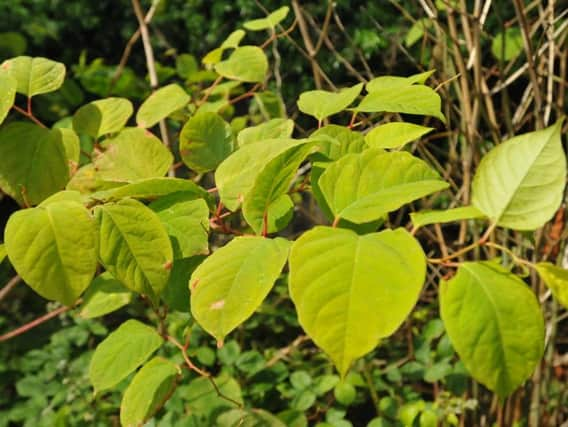Japanese knotweed warning issued as Leeds in Yorkshire top 10 for destructive weed invasion


It came ninth in a list of areas in Yorkshire with the most infestations of the fast-growing and damaging plant.
Advertisement
Hide AdAdvertisement
Hide AdElsewhere in West Yorkshire, 97 infestations were reported in Todmorden, 50 in Wakefield and 44 cases in Huddersfield.
The Environment Agency described the plant as “indisputably the UK’s most aggressive, destructive and invasive plant.”
Japanese knotweed grows rampantly along railways, waterways, in parks and gardens and is notoriously difficult to treat without professional help.
It can deter buyers, making a property difficult to sell and prevent a mortgage lender approving a loan unless a treatment plan is in place with an insurance-backed guarantee.
This can a property’s value by around 10%.
Advertisement
Hide AdAdvertisement
Hide AdSellers are also required by law to inform potential purchasers whether their home is, or has been, affected by Japanese knotweed.
This can act as a deterrent to buyers even if the infestation has been treated.
-> Unscientific advice putting UK homeowners at risk from Japanese Knotweed Nic Seal, Founder and MD of Environet, said, “Japanese knotweed has become a major problem in Yorkshire and the Humber, particularly in the towns and cities along the River Don where the plant has almost certainly spread via the watercourse. It is impacting property prices, halting sales and causing a huge amount of stress and worry for homeowners.
“At times such as this when the property market is slow and fewer homes are being bought and sold, it continues to spread unchecked.
Advertisement
Hide AdAdvertisement
Hide Ad"Anyone thinking about buying a property in the region, particularly in these hotspots, would be wise to check the number of infestations in the proximity of their postcode and consider instructing a Japanese knotweed survey on the property.”